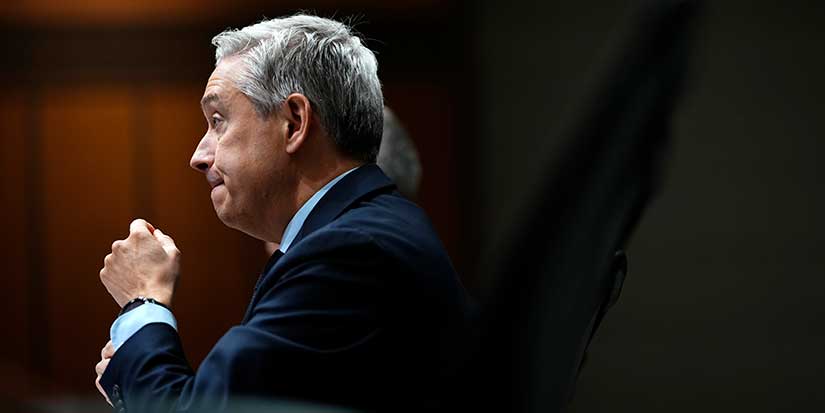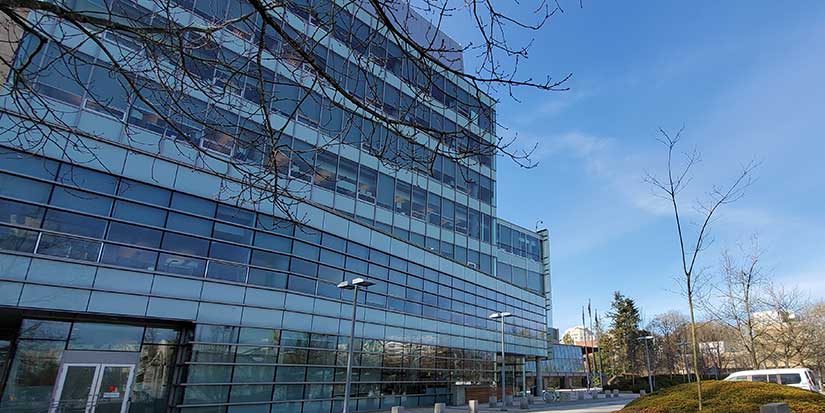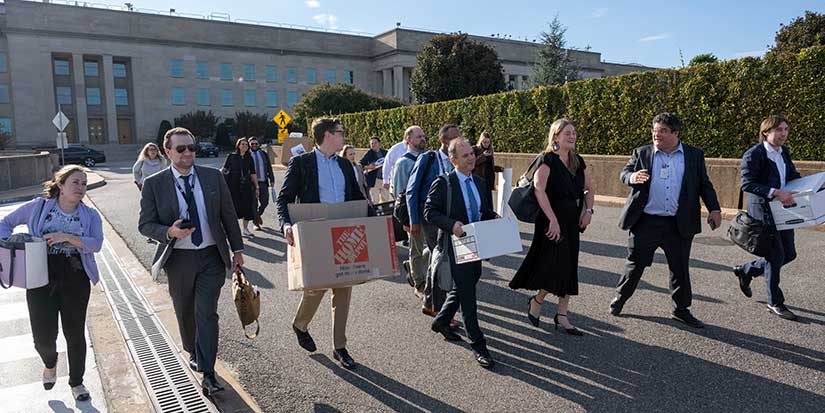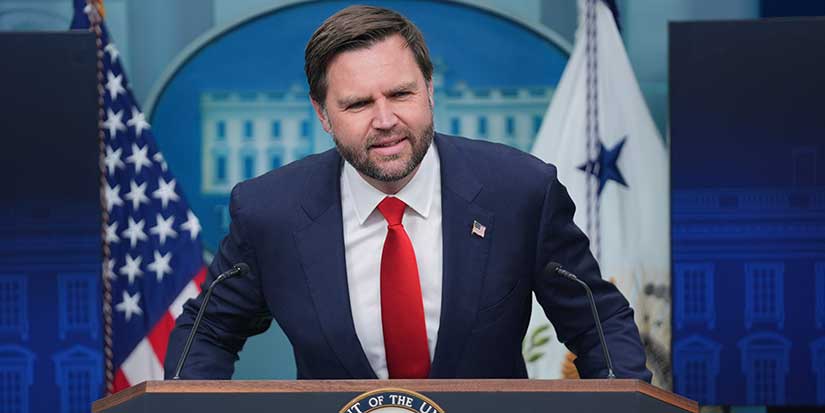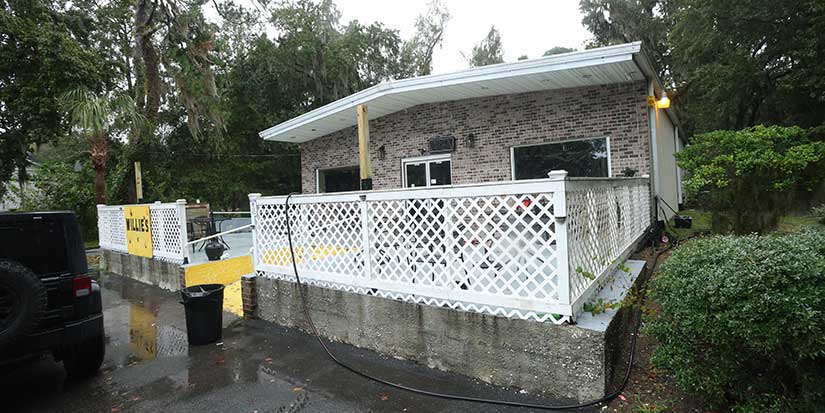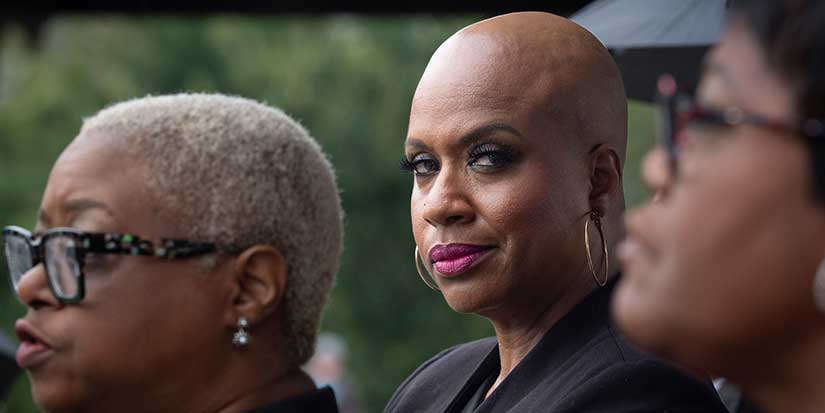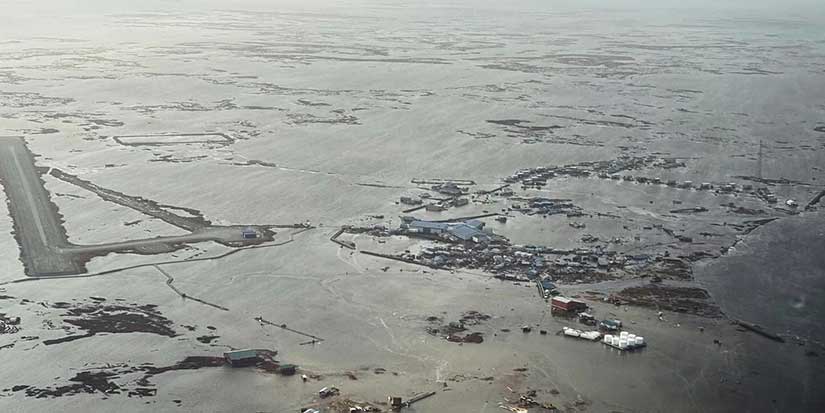National News
Champagne says world economy showing signs of resilience in face of U.S. trade war
Published 10:22 PDT, Wed October 15, 2025
Last Updated: 12:12 PDT, Wed October 15, 2025
—
Finance Minister François-Philippe Champagne said a new International Monetary Fund report shows while the global economy is showing resilience in the face of U.S. tariffs, trade uncertainty is holding it back.
Champagne is in Washington this week to attend the fall meetings of the G7 and G20 finance ministers and the annual gathering of the International Monetary Fund and World Bank Group.
"The world is looking for stability and predictability and Canada certainly comes to mind when you are looking at that," Champagne said in an interview with The Canadian Press at IMF headquarters in Washington.
"Obviously there are a lot of challenges in the world economy, but what people are looking (for) now is how together as the G7 … how can we reduce the level of uncertainty."
The IMF said Tuesday global growth has been sluggish, but it isn't as poor as previously predicted. The agency cautioned the massive U.S. tariffs still pose risks and the overall economic environment is volatile.
Global growth is projected to slow from 3.3 per cent in 2024 to 3.2 per cent in 2025 and 3.1 per cent in 2026.
"Risks are tilted to the downside," the IMF report said. "Prolonged uncertainty, more protectionism, and labour supply shocks could reduce growth. Fiscal vulnerabilities, potential financial market corrections, and erosion of institutions could threaten stability."
Canada has been hit hard by many of U.S. President Donald Trump's tariffs and the IMF projected its growth this year would slow to 1.2 per cent.
The IMF projected Canada could once again become the second-fastest-growing of the G7 economies next year — ahead of the United Kingdom and behind the United States — at 1.5 per cent.
But that projection is significantly lower than the one in a pre-tariff report the IMF issued last year, which predicted 2.4 per cent growth for Canada in 2025.
Trade uncertainty still casts a shadow over the Canadian economy, despite ongoing efforts by Prime Minister Mark Carney and Canadian officials to find an off-ramp for Trump's tariffs.
The president boosted duties on Canada to 35 per cent for goods not compliant with the Canada-U.S.-Mexico-Agreement on trade. Canadian industries are also being slammed by separate U.S. tariffs on steel, aluminum, automobiles, copper and lumber.
Trump has floated multiple other tariffs he wants to impose, including levies on pharmaceutical and aerospace products.
Carney met with Trump at the White House on Oct. 7. While no agreements materialized from that meeting, Canada-U.S. Trade Minister Dominic LeBlanc is back in Washington this week to continue talks with senior U.S. officials, said his spokesperson Jean-Sébastien Comeau.
The world economy is adjusting to a new and unpredictable trading order, said Champagne, and all G7 partners are facing fiscal constraints as they adapt. He said the speed, scope and scale of the transition has been unprecedented.
Champagne said the IMF report is "encouraging" governments to exercise fiscal discipline while making capital investments in economic growth.
"And it’s exactly what we're doing in Canada to ensure long-term prosperity," he said.
The Liberals under Carney — who campaigned in the spring election on his fiscal skills and ability to navigate the Trump administration — are set to table their first budget on Nov. 4.
Champagne promised the upcoming budget will offer "generational investments" in building Canada.
Ottawa has offered only a few examples of what's to come in the budget: pre-filled tax returns for more low-income people, permanent funding for the national school food program and the return of the "Canada Strong" pass for parks and museums.
Carney also plans to divide the federal budget into capital and operational spending streams, with the goal of balancing the operating budget by 2028-29.
The prime minister has promised to cut the public service as Ottawa looks to trim that operational spending. While Champagne did not offer any hints on where those cuts may land, he said Canadians understand the need to spend less and invest more.
The Canadian economy must pivot from dependence to resilience, Champagne said. It has a strong base, he said, pointing to its multiple trade agreements, critical minerals, energy resources and skilled workforce.
"There's turbulence in the short term," he said. "But I'm very confident about the future of Canada and our future prosperity as a nation."
– Kelly Geraldine Malone, The Canadian Press
